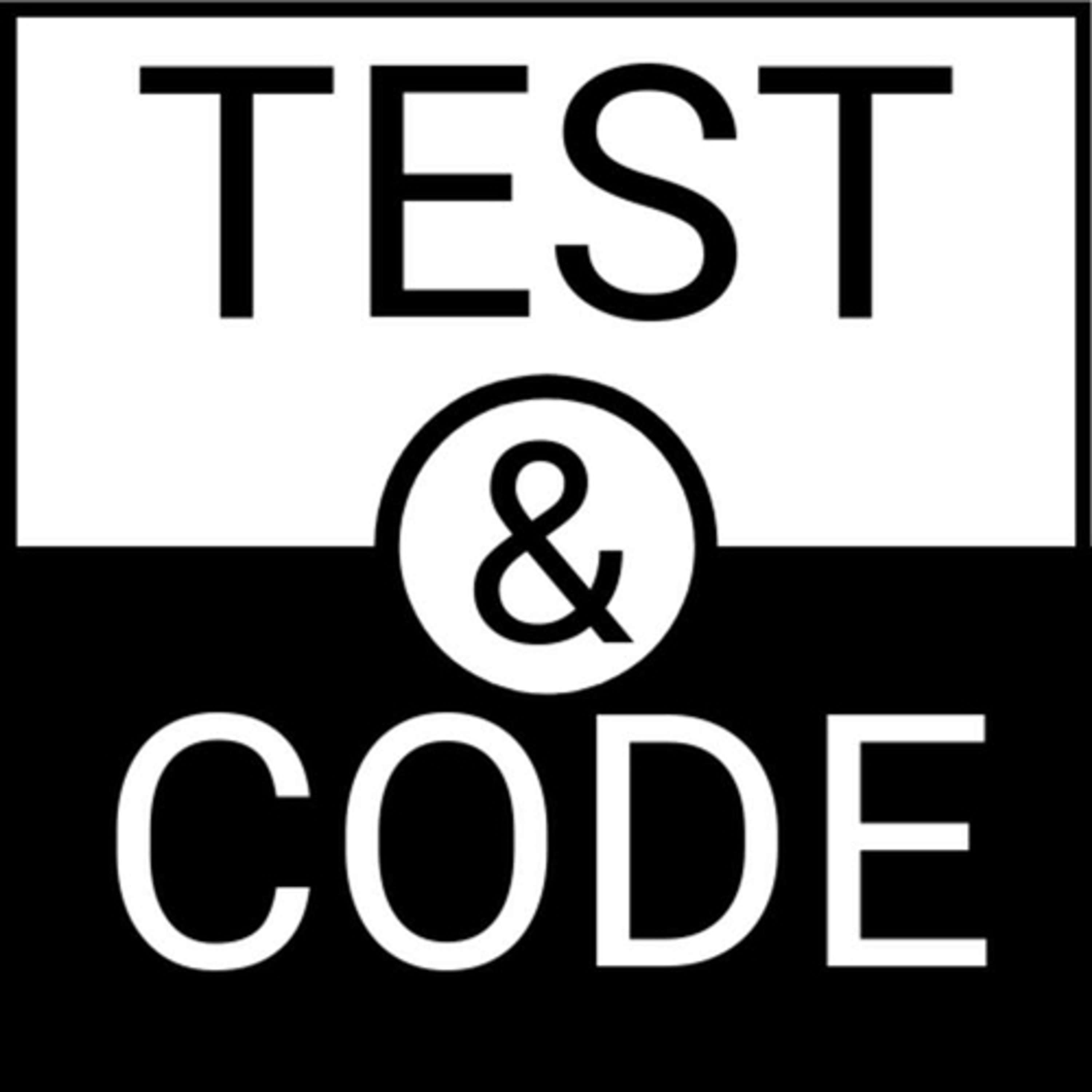
219: Building Django Apps & SaaS Pegasus - Cory Zue

Test & Code
Deep Dive
What is SaaS Pegasus, and how does it help Django developers?
SaaS Pegasus is a Django boilerplate or starter kit that provides a pre-configured Django application with essential features like user authentication, billing, and front-end setup. It allows developers to skip the initial setup and focus on building their app's business logic. It uses Django Cookie Cutter to generate a customized code base tailored to the user's needs.
Why does Cory Zue recommend PostgreSQL for Django applications?
PostgreSQL is recommended for Django applications because it is the most widely used and supported database in the Django community. It is robust, reliable, and integrates seamlessly with Django, making it the default choice for 9 out of 10 Django developers.
What is the role of Django AllAuth in SaaS Pegasus?
Django AllAuth is used in SaaS Pegasus to enhance Django's built-in authentication system. It provides additional features like social logins (Google, GitHub, etc.), password reset, and email confirmation. Pegasus customizes AllAuth to offer a polished, out-of-the-box experience, reducing the need for manual configuration.
Why does Cory Zue recommend Docker for Django development?
Docker is recommended for Django development because it provides consistency and portability across different environments. It simplifies setup by ensuring that all dependencies and versions are consistent, regardless of the operating system. This is especially useful for beginners who want to avoid the complexities of managing virtual environments and dependencies.
What are the key differences between Bootstrap and Tailwind CSS for Django projects?
Bootstrap is a mature, widely-used CSS framework that is easy to learn and has a large community. It is often considered 'boring tech' due to its stability. Tailwind, on the other hand, is newer and focuses on utility-first CSS, where each class represents a specific CSS property. Tailwind is more flexible and portable, allowing for easier integration of pre-made components. DaisyUI, used in SaaS Pegasus, bridges the gap between Tailwind and Bootstrap by providing pre-designed components.
When should a Django developer choose HTMX over React?
HTMX is a better choice for Django projects that do not require complex client-side state management. It is ideal for CRUD applications or projects with minimal interactivity. React, on the other hand, is better suited for applications with rich, dynamic user interfaces like Gmail or Figma. For simpler projects, pure Django templates may even suffice.
How does SaaS Pegasus simplify deployment for Django applications?
SaaS Pegasus supports multiple deployment platforms like Heroku, Render, and Fly.io, which handle the DevOps burden for developers. It provides pre-configured Docker setups and deployment scripts, allowing developers to deploy their applications with minimal effort. This is particularly useful for developers who are new to web development or want to avoid managing server infrastructure.
What is the significance of the rockets in SaaS Pegasus branding?
The rockets in SaaS Pegasus branding originate from its original code name, 'Rocket Pony.' While the name evolved to Pegasus, the rockets remained as a nod to the project's origins. They symbolize speed and innovation, aligning with the project's goal of helping developers quickly launch SaaS applications.
Shownotes Transcript
I'm starting a SaaS project using Django, and there are tons of decisions right out of the gate. To help me navigate these decisions, I've brought on Cory Zue. Cory is the creator of SaaS Pegasus), and has tons of experience with Django.
Some of the topics discussed:
- Building Django applications
- SaaS Pegasus)
- placecard.me
- What boilerplate projects are
- Django cookiecutter
- Cookiecutter
- Which database to use, probably PostgreSQL
- Authentication choises, probably Allauth
- Docker, Docker for development, Docker for deployment
- Deployment targets / hosting services. Render, Heroku, Fly.io, for PaaS options.
- Front end frameworks. Bootstrap, Tailwind, DaisyUI, TailwindUI
- HTMX vs React vs straight Django templates
- Rockets
- Font Awesome
- and of course, SaaS Pegasus)
** Learn pytest**
- pytest is the number one test framework for Python.
- Learn the basics super fast with Hello, pytest!)
- Then later you can become a pytest expert with The Complete pytest Course)
- Both courses are at courses.pythontest.com)